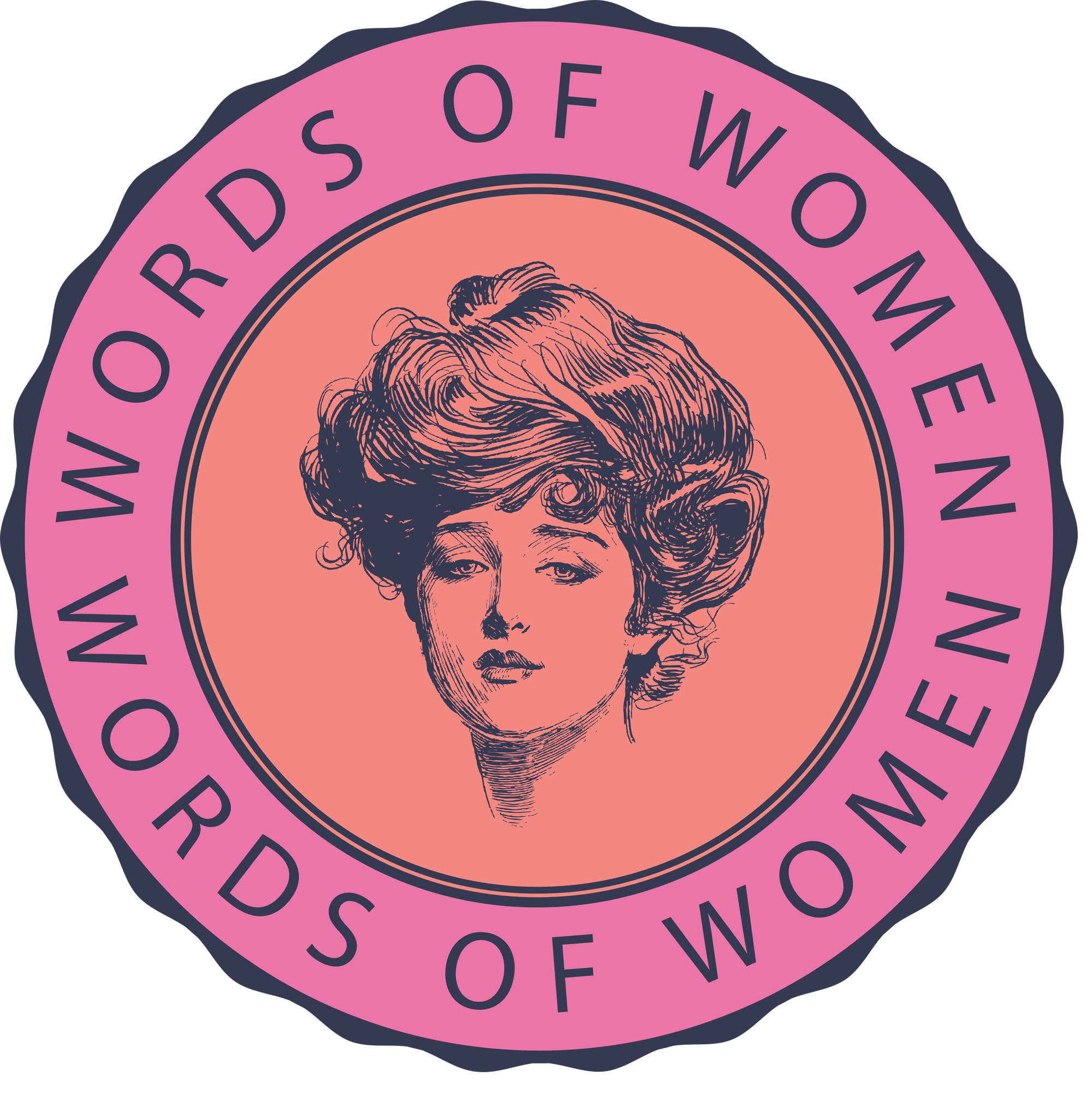Why Women Read
Cognitive psychologists have found that women are more empathetic than men, and possess a greater emotional range—traits that make fiction more appealing to them. In a way, reading is a metaphor for how women deal with pain.
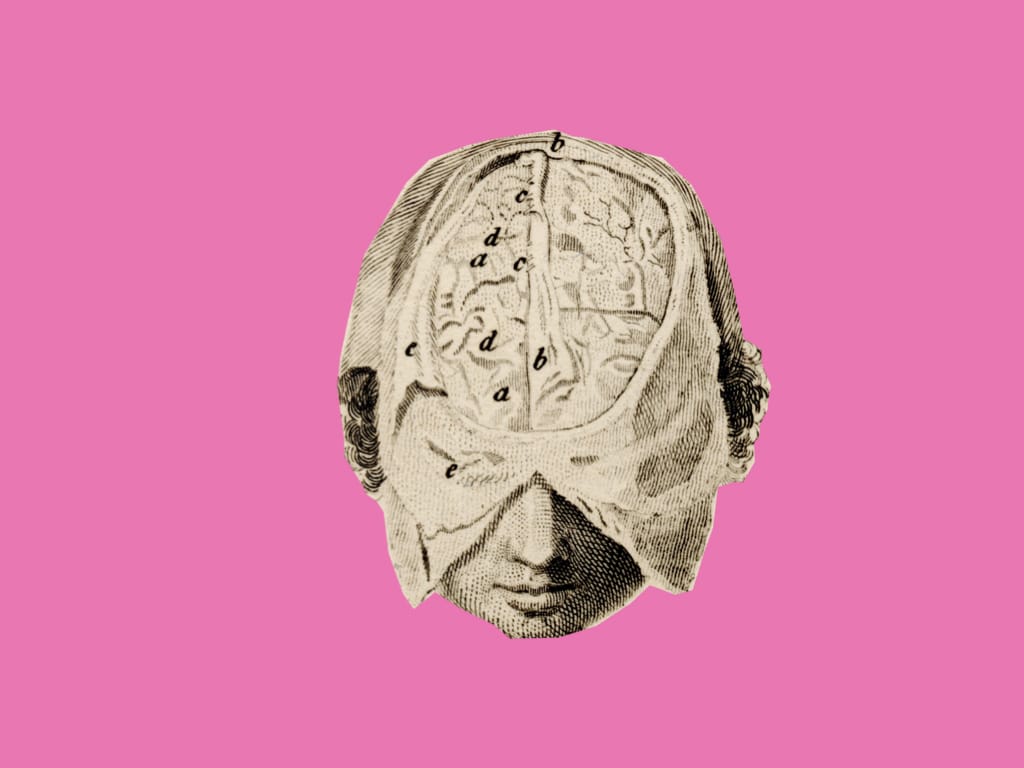
Men are bad at locating emotions. They’re even worse at expressing them. The biggest fight my husband and I had came on Saturday. When, what seemed like a trivial argument over air conditioning -- how it works, why Ellie’s room is cold but ours isn’t - erupted into the most venomous rage I have ever seen come out of him. The kind of rage that led him to say things I did not know he could think, let alone harbor in his heart. The kind of anger that reverberated through the room, straight through my heart, across the hall, into the next room and woke up the baby.
Fighting with your partner is bad, but fighting when you have nowhere to storm off, cool down, get space, is Hell. Stuck at my parent’s beach house, nowhere to go, no spare bedroom or extra couch to sleep on, I sat on the toilet until I felt the pain simmer enough to be able to get into bed. Of course, neither of us slept. I could feel the rage pulsating out of him as the tears seeped out of me.
The next morning, it was flipped. He was regretful, sullen, apologetic. I had worked through my sadness, and now, couldn’t look at him. He thinks he can say those things and they don’t matter? He thinks he can say sorry and I’ll just forget? When my mom offered to take Emmy to the park while Ellie took her morning nap, he came into the room and asked to talk.
I told him there was nothing left to talk about. Clearly, we can’t communicate because he can’t express himself without annihilating me in the process. Words, I told him, hurt. They seep in. They are hard to move on from. If you meant what you said, which I think you must, then I will go ahead and hire a divorce attorney.
Of course, he said, that’s not what he wants. That’s not what he meant. Clearly, I said, something is bothering you and based on what you said last night, it’s me. He promises it’s not. He says he’s just having a hard time. I take a deep breath. I understand but I also don’t. Yes, the kids are hard. Life is heavy. I’m not exactly loving my life either. We’re in a rough phase but I’m not going to blow everything up because of it.
But this isn’t about me. I’m really trying to understand what about his life, our life, is bothering him so much. I run him through all the amazing things he has. Healthy children. A great job. A job he loves. His promotion, the praise he recently got from his boss. So tell me, I ask again, not out of anger or spite, but trying to help him locate the pain or gain some perspective, what is wrong? What is so bad about your life?
He says everything. I tell him he needs to be more specific. Where is this anger coming from? What keeps triggering you? What I don’t say, but what I’m thinking is: Whatever you’re feeling, I promise you, I have felt a hundred times. He says he can’t explain it. He’s just not happy with himself. I’m sitting on the bed, looking up at him, confused how to communicate with him without getting into another fight, without trivializing his pain, without backing down, when it hit me.
He doesn’t know. He doesn’t know because he’s never felt this before. And because he’s never felt this, doesn’t understand it. And because he doesn’t understand it, he doesn’t know how to take care of himself. How to deal with it.
He thinks he does. He goes to the gym, he tries to eat well, go to bed early. But emotionally, he has no clue. Yes, he knows anger and sadness but this new pain, this anxiety, this permanent questioning of his life and his choices and his happiness, this is something new. He doesn’t know what it means to have anxiety, fear, self-hatred, shame. For the first time in his adult life, he’s feeling the weight, the pressure, the pain, the burden that so many women carry on a daily basis, and he doesn’t have the tools to deal with it.
I told him I don’t want to trivialize how he’s feeling. I really don’t. But I also think that maybe what he’s feeling is normal. I remind him that the whole reason I write, why I need my time to do this newsletter every week (as much of a burden as it is on him at times) is to try and work through these feelings. I remind him that I wrote THE BOOK OF MOODS.
It’s true, I feel better when I write. I have a place to pour out all the things I want to say, yell, scream, but don’t. I put it here instead. I tell you all instead. That’s what women do. We talk. We confer. We make comparisons, find trends. We find solace in common experience. Knowing this is normal. Pain is normal. Men, well, they don’t do that. He thinks when he feels unhappy, when he’s in pain, something is wrong. Something needs to be fixed. Someone needs to be punished, held accountable. When I feel unhappy, miserable, trapped in my life, I read. I write. I talk.
According to a study by the Pew Research Center, women are more likely than men to read, as well as more likely to read fiction specifically. Among avid readers surveyed by the AP, the typical woman read nine books in a year, compared with only five for men. I know it seems like an innate fact, but reading is about understanding. In a way, reading is a metaphor for how women deal with pain.
In a study done by the National Library of Medicine (NIH), fictional narratives provide personal insights, and therefore are important for people in order to learn about themselves. People who read a lot of fiction become more empathic, because fiction is a simulation of social experiences, in which people practice and enhance their interpersonal skills.
It makes sense that women read more. Reading let’s us into the minds, the lives, of others. It gives us empathy, it puts things into perspective. Cognitive psychologists have found that women are more empathetic than men, and possess a greater emotional range—traits that make fiction more appealing to them.
According to Louann Brizendine, author of The Female Brain, "Girls have an easier time with reading or written work, and it's not a stretch to extrapolate that to adult life.”
Another theory about why women read twice as much as men focuses on "mirror neurons." Located behind the eyebrows, these neurons are activated both when we initiate actions and when we watch those same actions in others. Mirror neurons explain why we recoil when seeing others in pain, or salivate when we see other people eating a gourmet meal. Neuroscientists believe that mirror neurons hold the biological key to empathy.
The research is still in its early stages, but some studies have found that women have more sensitive mirror neurons than men. That might explain why women are drawn to works of fiction, which by definition require the reader to empathize with characters. According to Brizendin, "Reading requires incredible patience, and the ability to 'feel into' the characters. That is something women are both more interested in and also better at than men,"
Again, I don’t want to trivialize my husband's pain. There is nothing worse than someone telling you to stop being sad or upset. Nothing worse than someone saying they have it harder. Instead, I tell him that I understand. That I will help him. That we will find a way to work through this.
One thing I learned, while reading to calm myself after this terrible fight, is the Latin of the word “cure” — cūra — means “anxiety,” which is also the root of “care” (to have cares, to be anxious), “curiosity” (an anxious inquisitiveness), and “secure” (without anxiety and care).
Maybe being anxious, I tell him, means you’re on the route to curing whatever needs fixing. Maybe we need to stop looking at anxiety as a problem, but a solution. Maybe our anxiety is a trigger to our own cure.
I tell him that I forgive him. That we can let this go, put it behind us. Even though I’m still angry, even though I want to run away, I reach towards him. I give him love.
This, I realize while writing this newsletter, is why I read, why I write. Because it gives me a place to channel my rage. It gives me context. It gives me empathy. Yes, I’m sad. Yes, I’m angry. But I will channel it, talk about it, find a place to put it, undertsand it, heal from it. This is the differnece between men and women. This is why women read.
-Quote of the Week-
“We do not escape into philosophy, psychology, and art—we go there to restore our shattered selves into whole ones.”*
— Anaïs Nin
-Read of the Week-
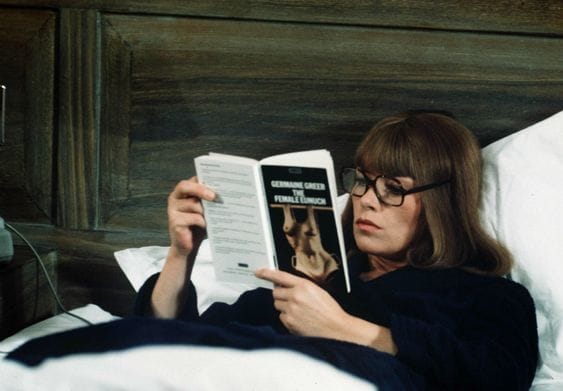
A couple of years ago, British author Ian McEwan conducted an admittedly unscientific experiment. He and his son waded into the lunch-time crowds at a London park and began handing out free books. Within a few minutes, they had given away 30 novels.
Nearly all of the takers were women, who were "eager and grateful" for the freebies while the men "frowned in suspicion, or distaste." The inevitable conclusion, wrote McEwan in The Guardian newspaper: "When women stop reading, the novel will be dead."
Read: Why Women Read More Than Men
-Thought of the Week-
“There is a theory that watching unbearable stories about other people lost in grief and rage is good for you – may cleanse you of your darkness. Do you want to go down to the pits of yourself all alone? Not much. What if an actor could do it for you? Isn’t that why they are called actors? They act for you. You sacrifice them to action. And this sacrifice is a mode of deepest intimacy of you with your own life.”
— Anne Carson, from Grief Lessons: Four Plays by Euripides; Tragedy: A Curious Art Form.
-Other Thought of the Week-
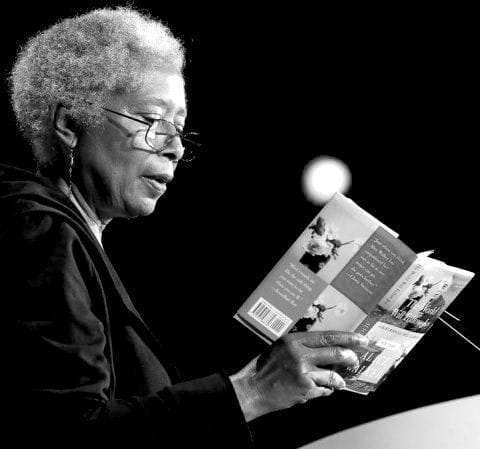
“Storytelling, you know, has a real function. The process of the storytelling is itself a healing process, partly because you have someone there who is taking the time to tell you a story that has great meaning to them. They’re taking the time to do this because your life could use some help, but they don’t want to come over and just give advice. They want to give it to you in a form that becomes inseparable from your whole self. That’s what stories do. Stories differ from advice in that, once you get them, they become a fabric of your whole soul. That is why they heal you.”
— Alice Walker
-Mic Drop of the Week-
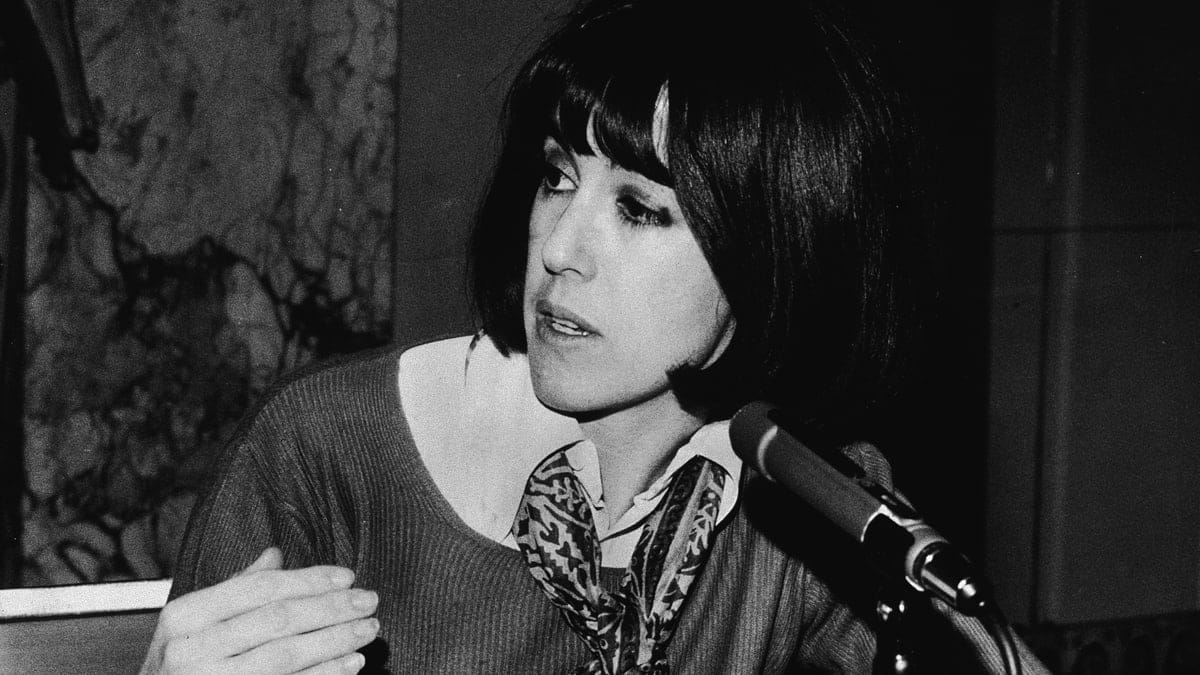
"Everyone always asks, was he mad at you for writing the book? and I have to say, Yes, yes, he was. He still is. It is one of the most fascinating things to me about the whole episode: he cheated on me, and then got to behave as if he was the one who had been wronged because I wrote about it! I mean, it’s not as if I wasn’t a writer. It’s not as if I hadn’t often written about myself. I’d even written about him. What did he think was going to happen? That I would take a vow of silence for the first time in my life?"
-Nora Ephron on writing *Heartburn *
